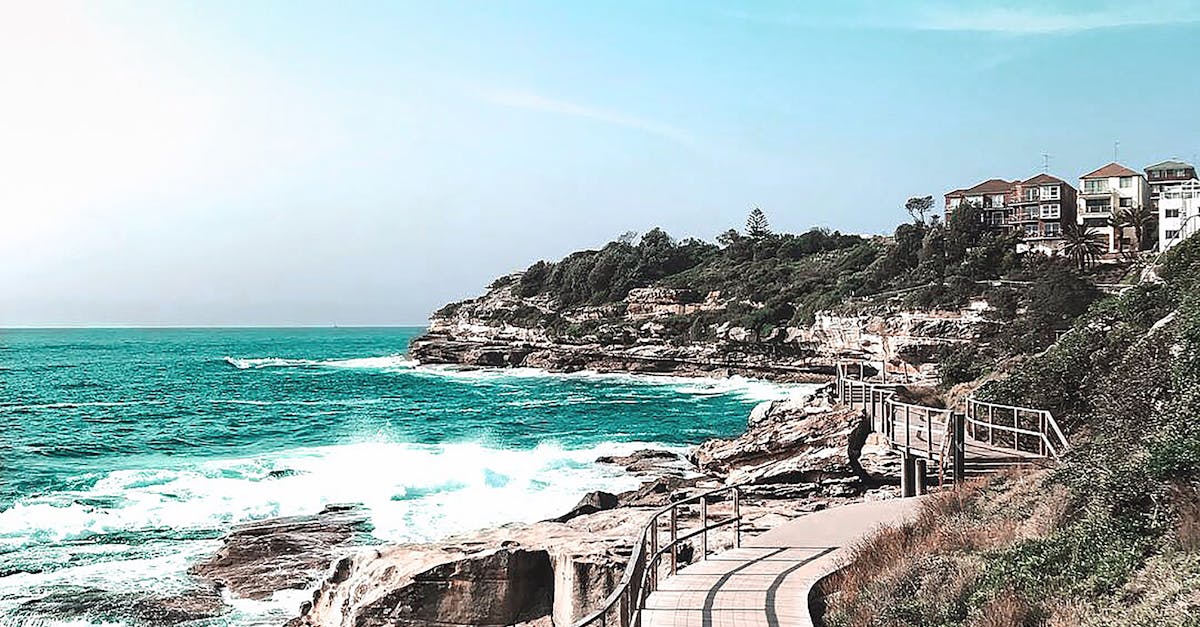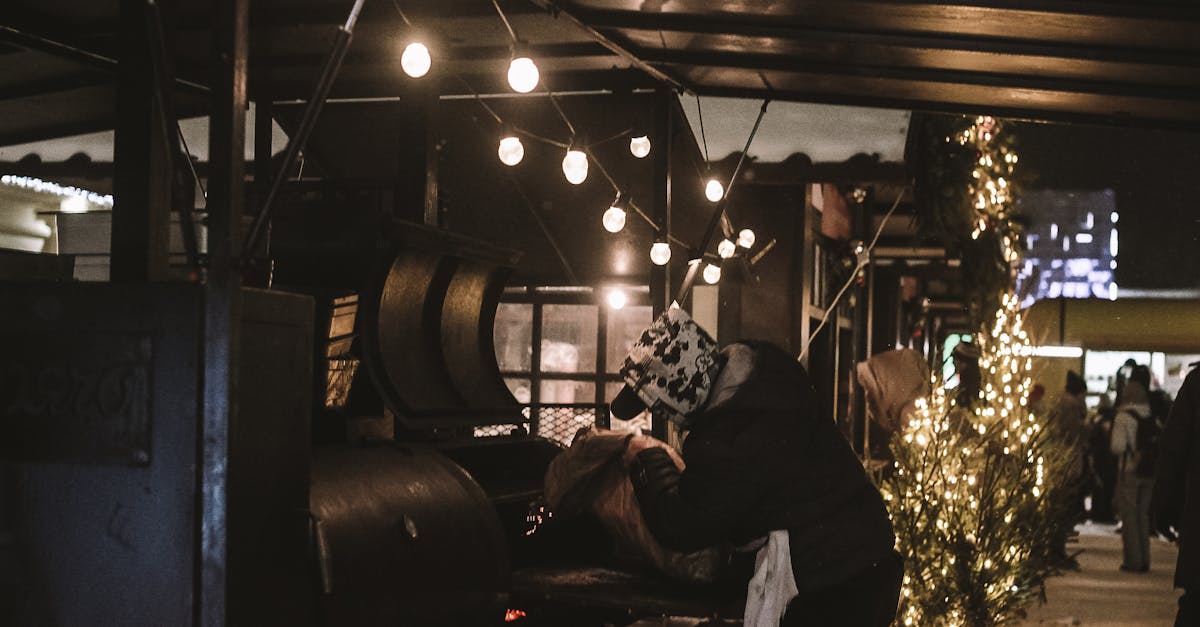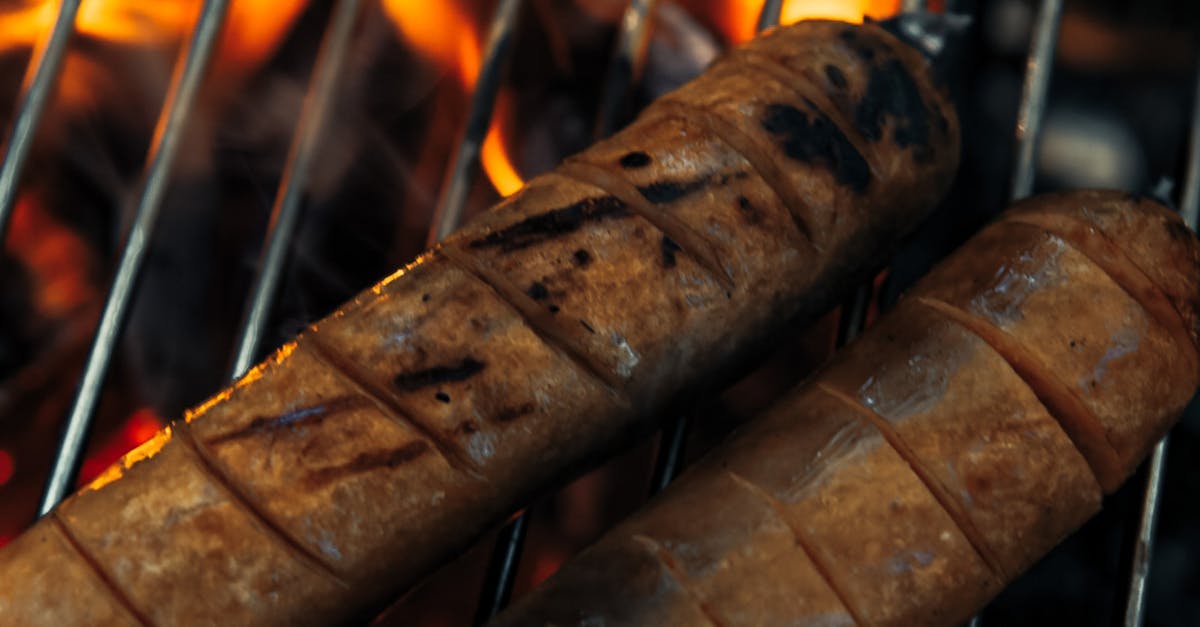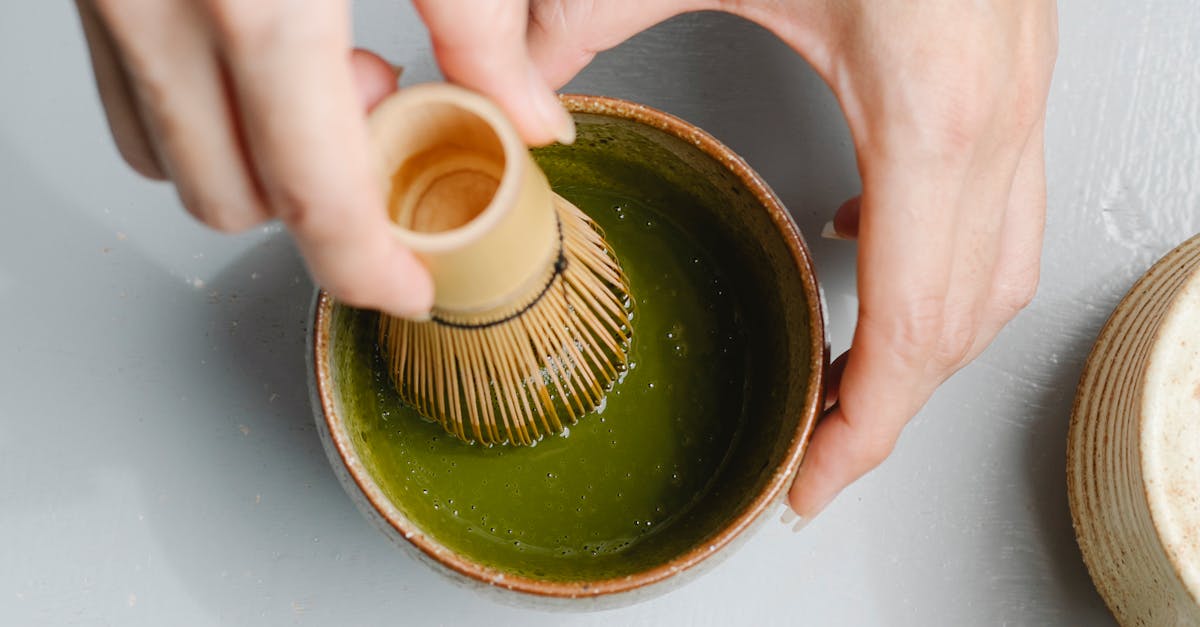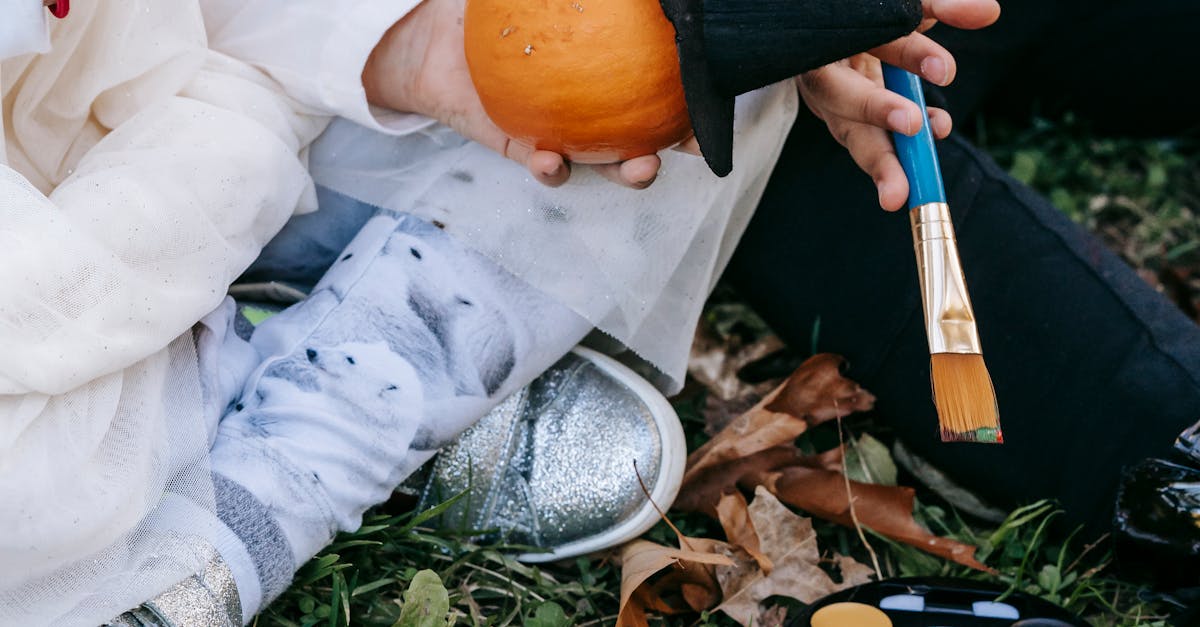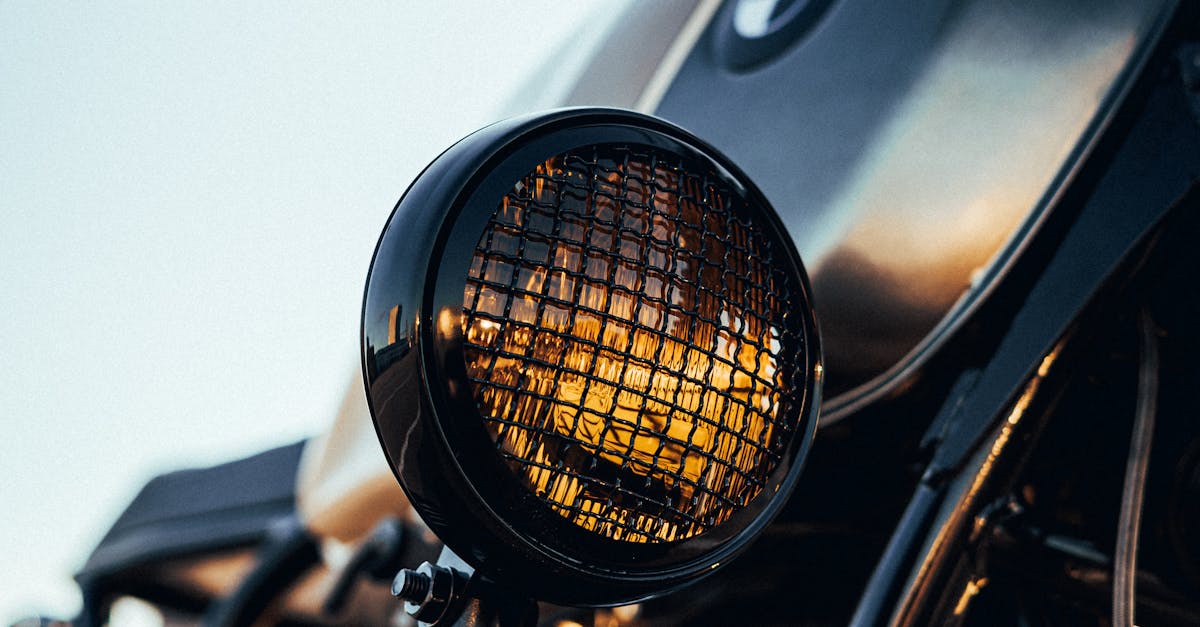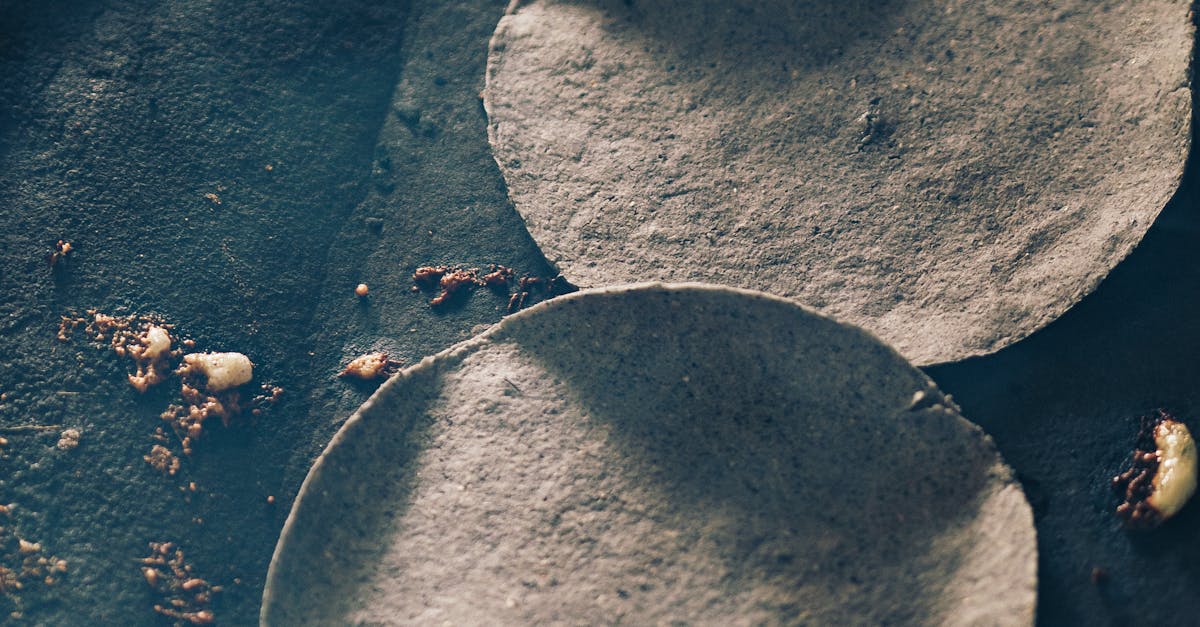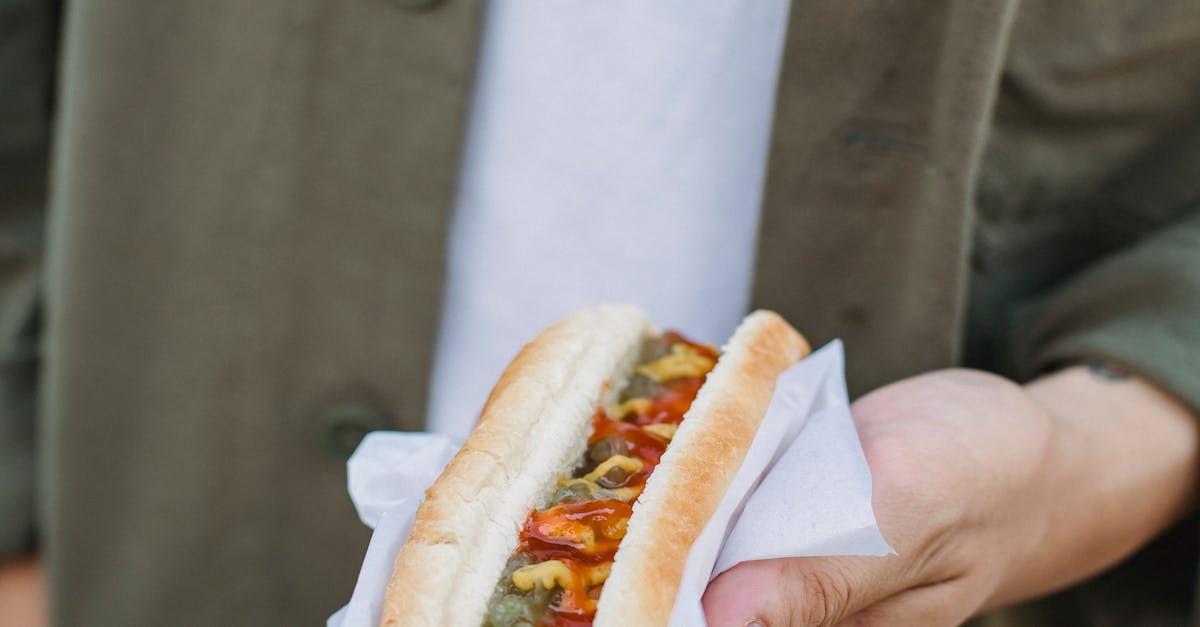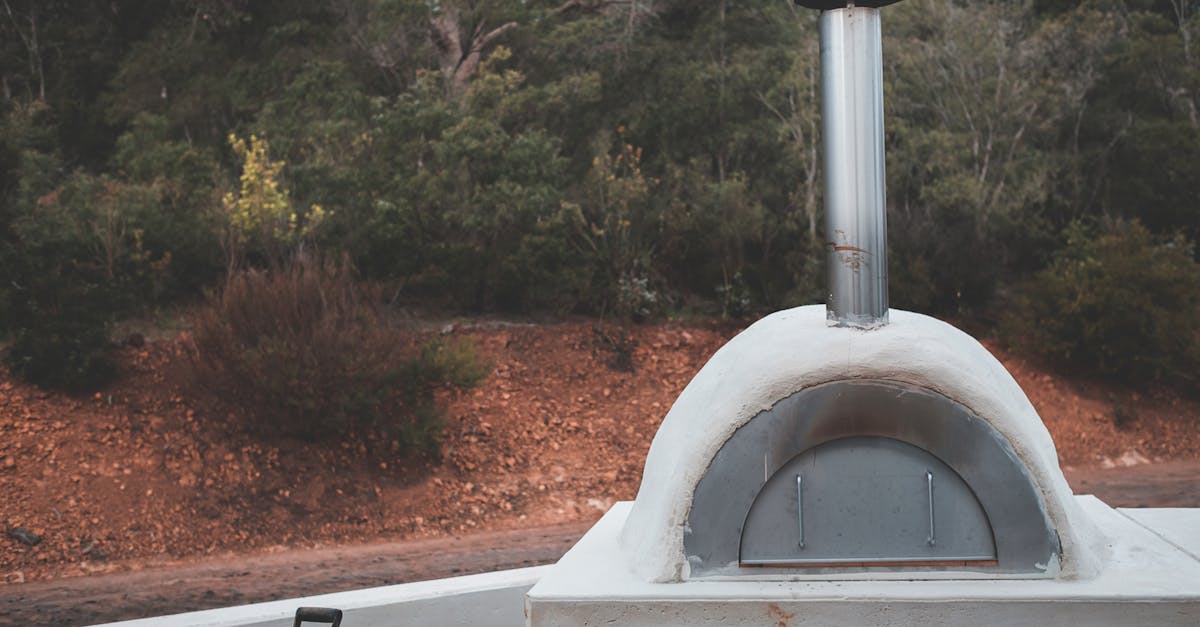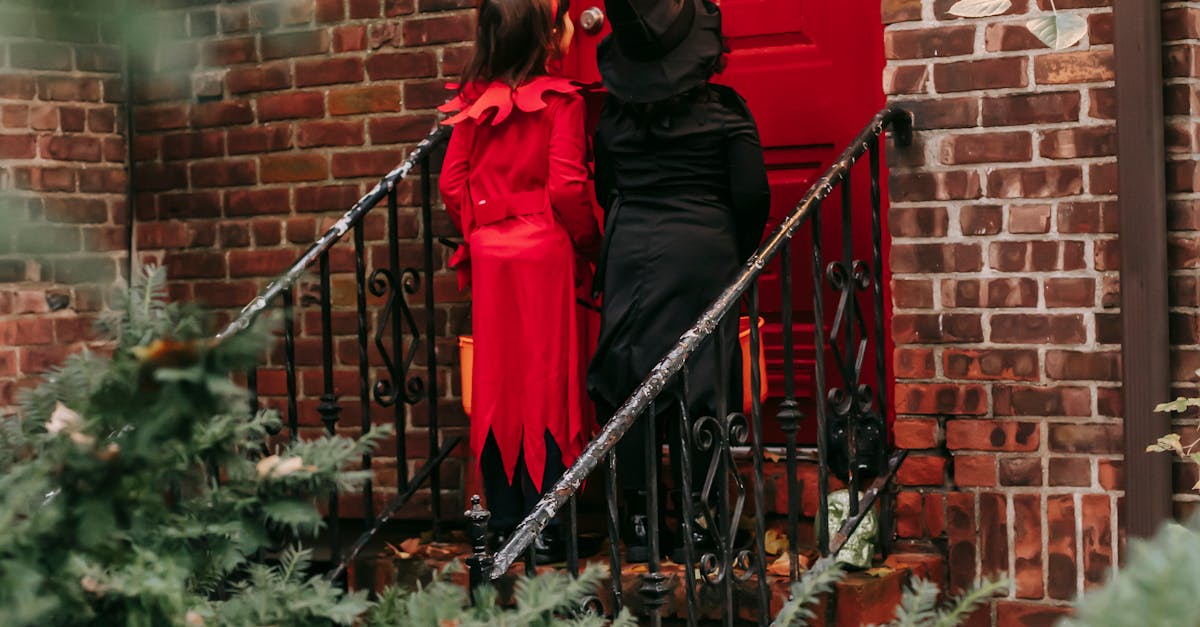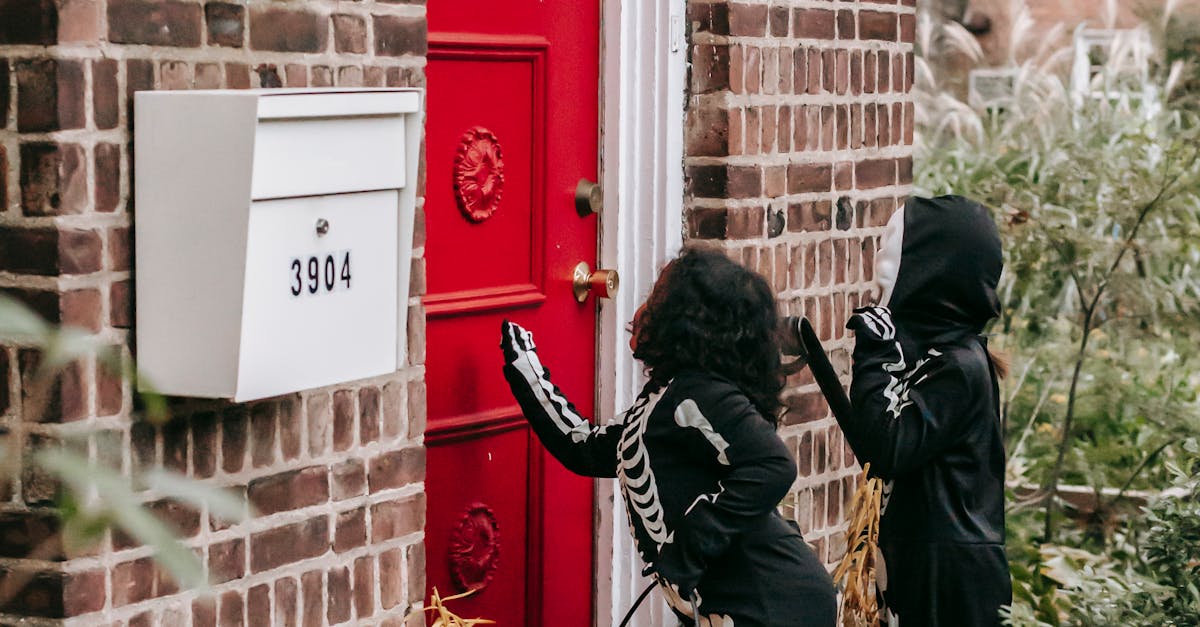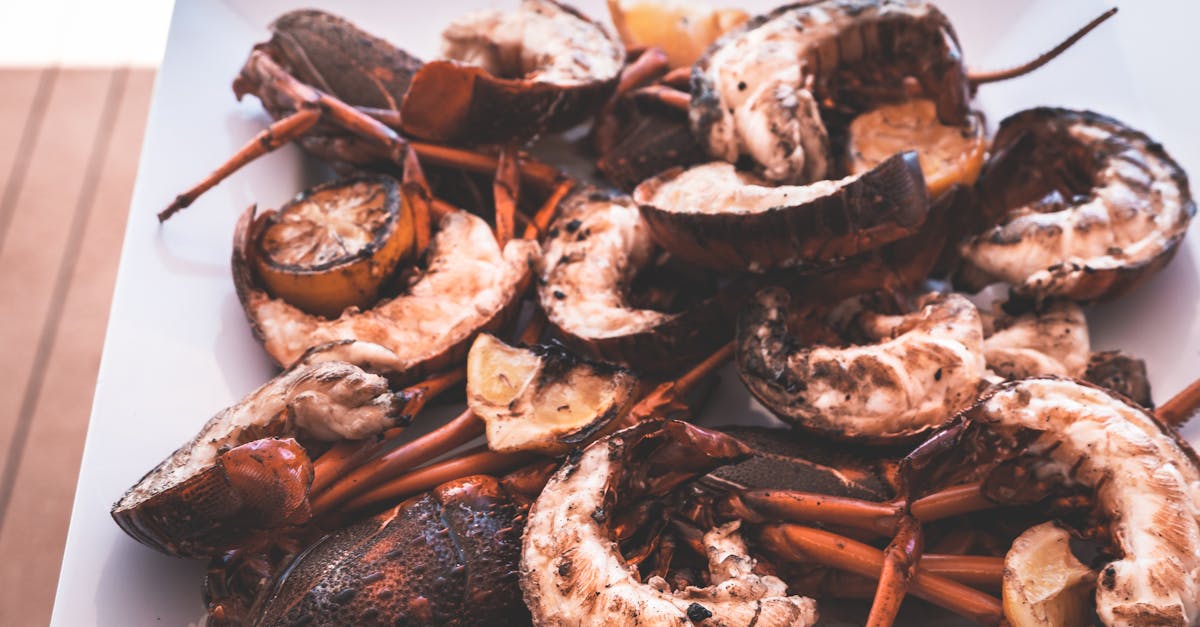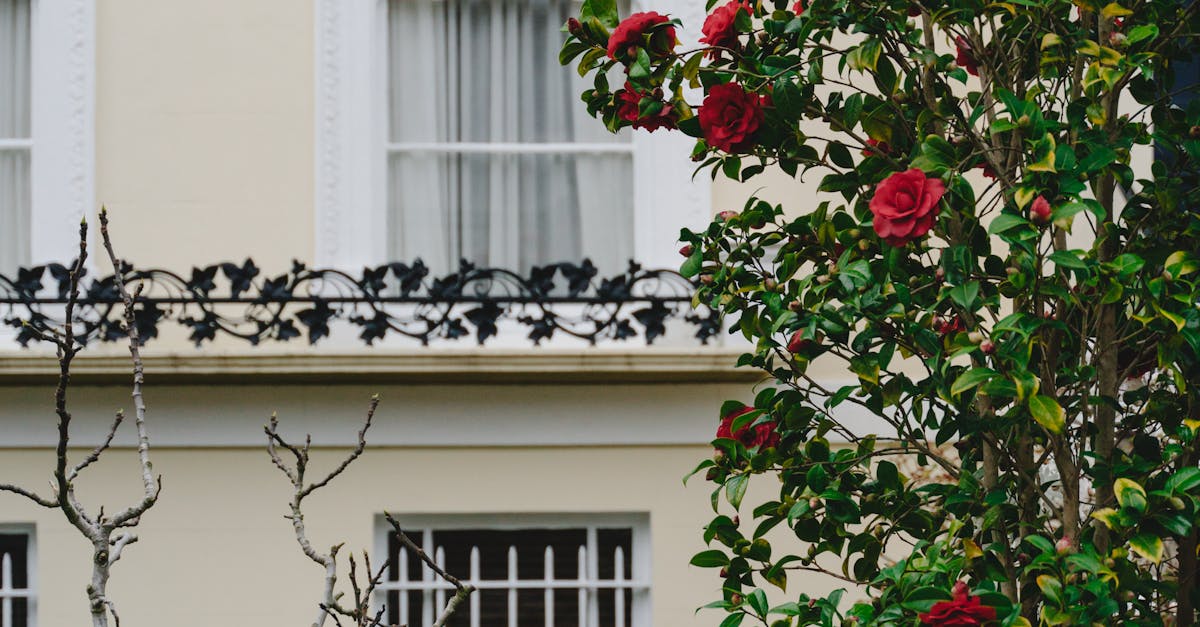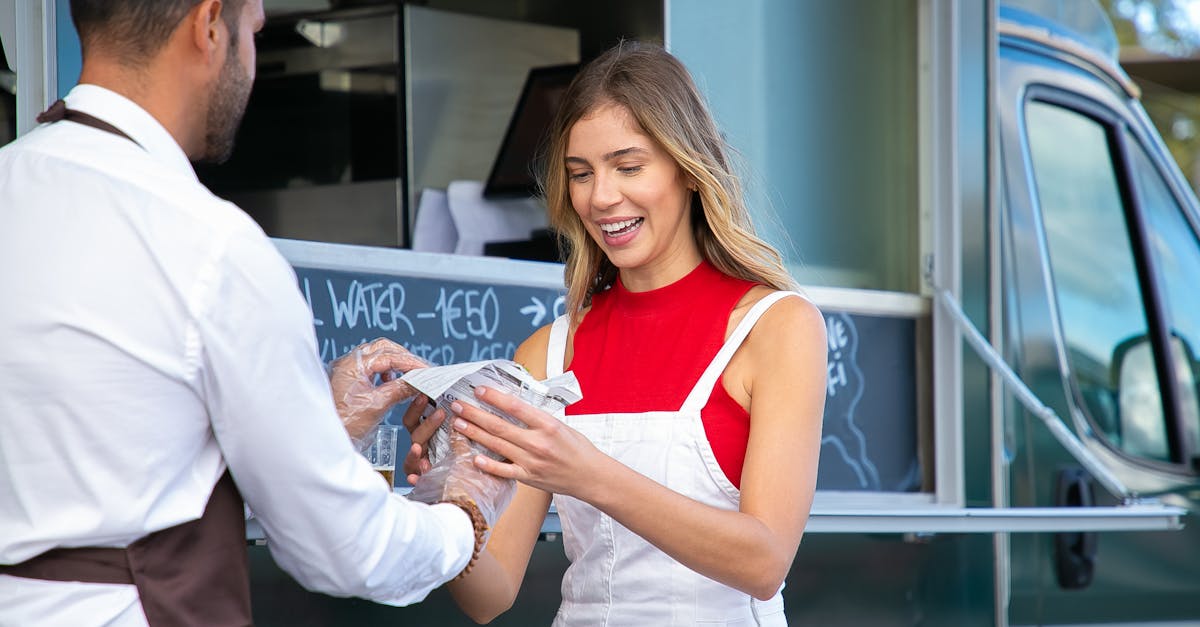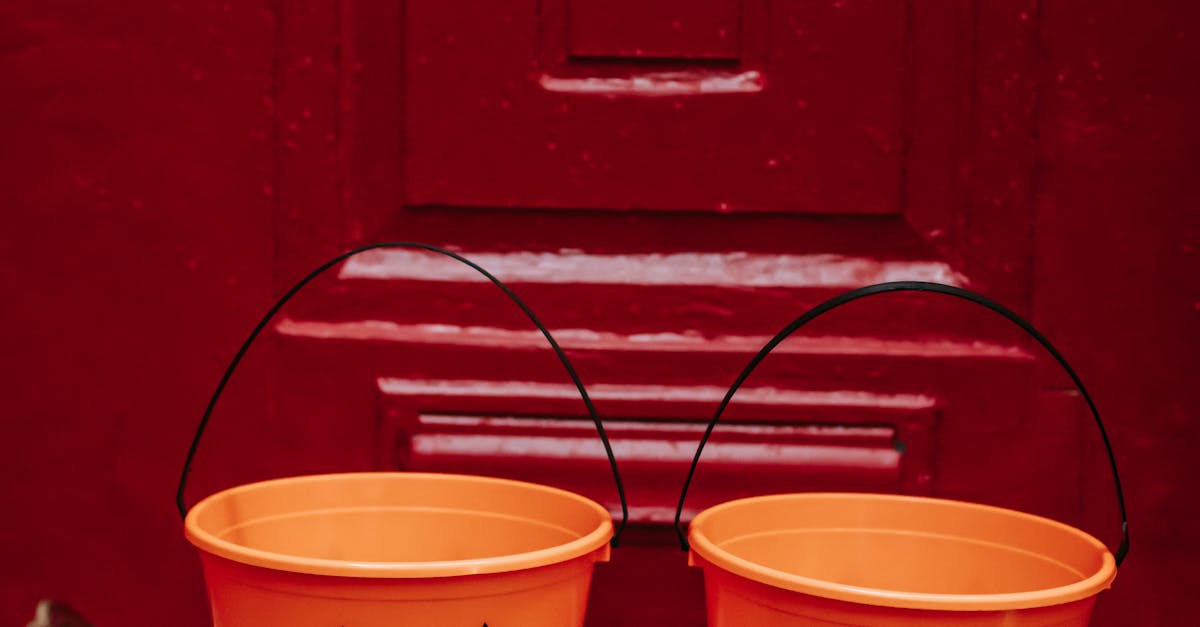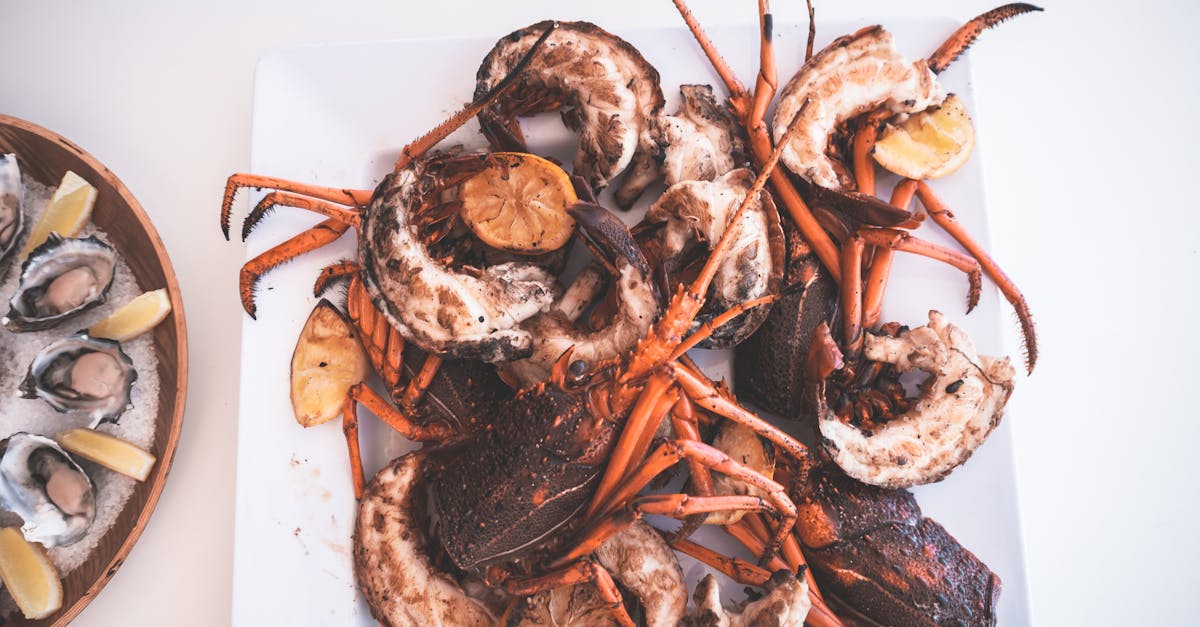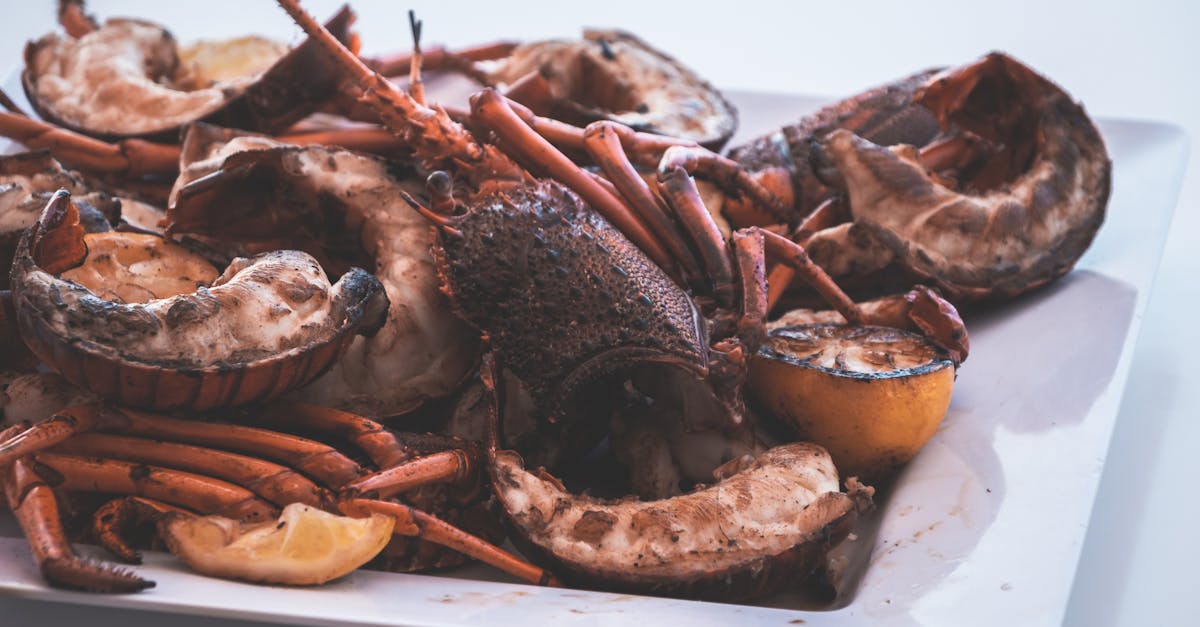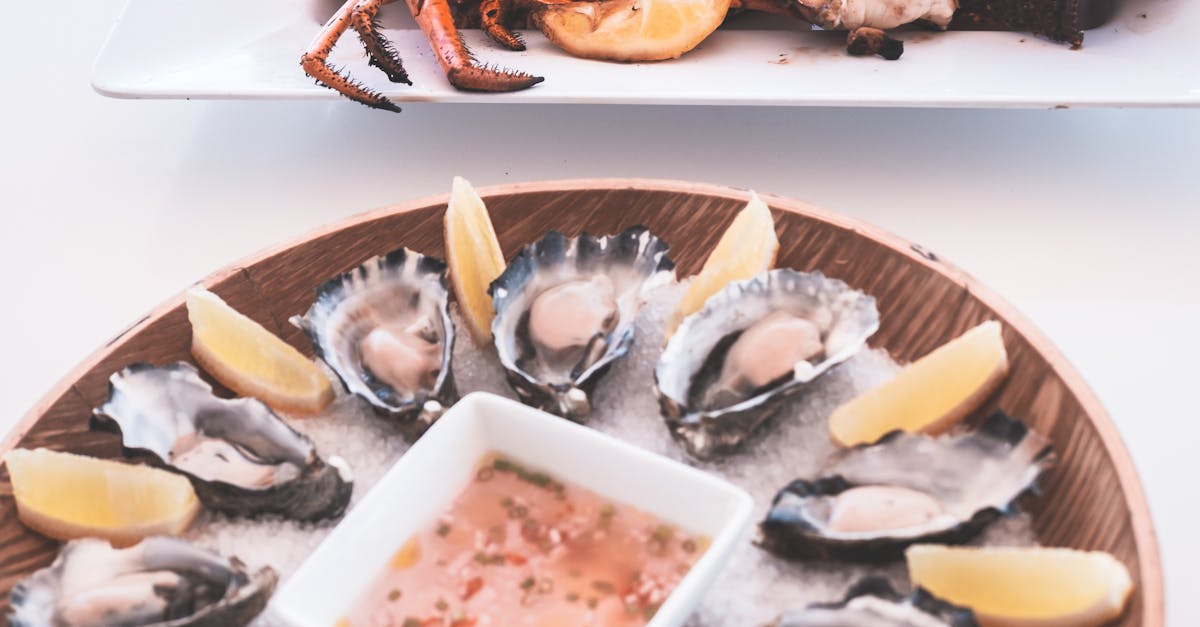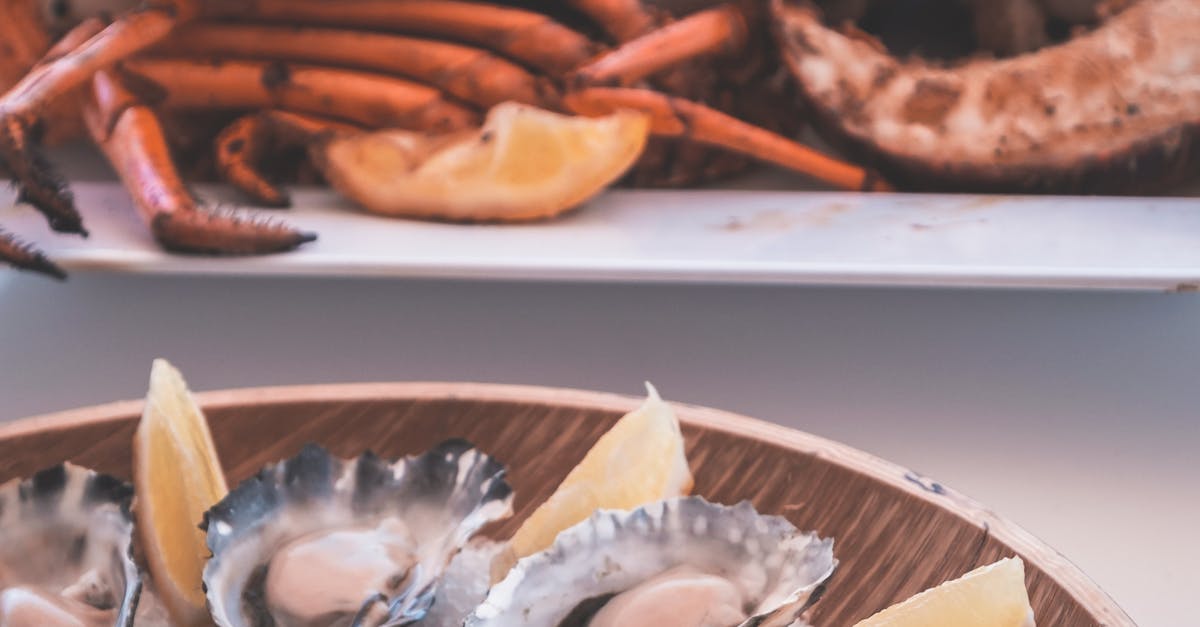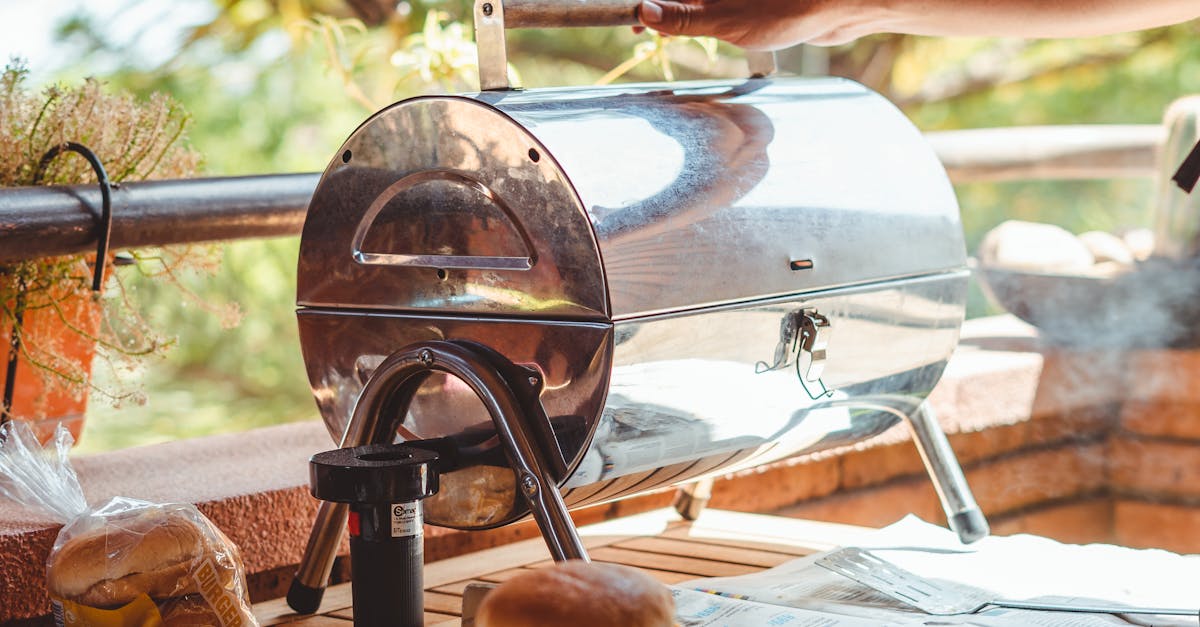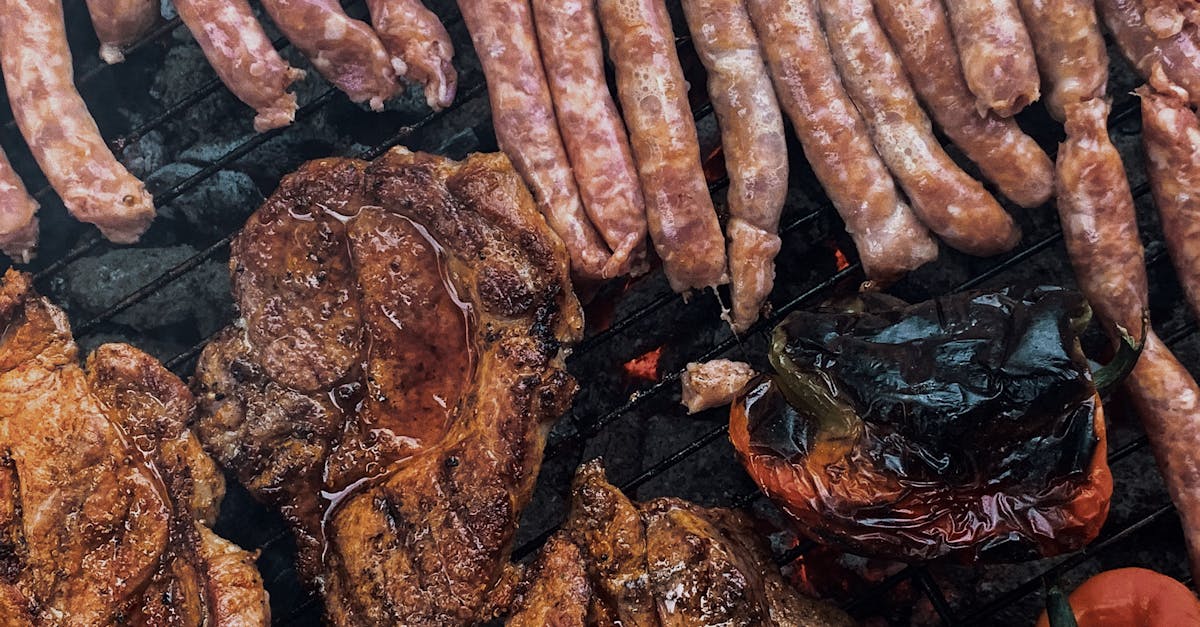
Table Of Contents
Connecting water supply to mainline
To connect the water supply to the mainline for your outdoor kitchen, start by locating the nearest water source to where you plan to set up your kitchen. This connection can typically be made from an existing outdoor faucet or by tapping into the main water line of your home. Ensure that you have the necessary tools and materials ready, such as a water line connector, PVC piping, and Teflon tape. Once you have everything in place, carefully follow the manufacturer's instructions for connecting the water supply to the mainline. By securing a proper connection, you can effectively ensure consistent water flow to your Custom Outdoor Kitchens and Grills for all your culinary needs.
Joining outdoor kitchen plumbing to existing household water system
To successfully join your outdoor kitchen plumbing to the existing household water system, it is essential to follow a few key steps. Begin by shuttling off the main water supply to your home to prevent any leaks or water flow while working on the connection. Next, install a water hammer arrestor near the connection point to reduce the risk of water hammer and potential damage to the pipes. This device helps absorb the shock caused by the sudden stop of water flow, ensuring a smooth and safe water supply to your outdoor kitchen. Lastly, remember to test the newly joined plumbing system thoroughly, checking for any leaks or irregularities before restoring the water supply.
Custom Outdoor Kitchens and Grills experts emphasize the importance of using high-quality materials and fittings when connecting your outdoor kitchen plumbing to the household water system. Opt for brass or copper fittings to ensure durability and longevity, reducing the risk of corrosion or leaks in the long run. Additionally, consider installing a pressure regulator to maintain a consistent water flow to your outdoor kitchen, preventing any damage to appliances or fixtures. By following these steps and using the right materials, you can seamlessly integrate your outdoor kitchen into your existing water system, enhancing the functionality and convenience of your outdoor space.
Insulating water lines for winter
Insulating water lines for winter is crucial to prevent freezing and potential damage to your outdoor kitchen's plumbing system. Custom Outdoor Kitchens and Grills recommends using foam pipe insulation around exposed pipes to retain heat and protect against cold temperatures. By wrapping the pipes securely with insulation, you can reduce the risk of freezing, which can lead to costly repairs.
Additionally, it is important to seal any gaps or cracks in the exterior walls where the water lines pass through. This helps to prevent cold air from entering and affecting the temperature of the pipes. Custom Outdoor Kitchens and Grills advises homeowners to inspect the insulation regularly to ensure it remains intact and effective throughout the winter season. Taking these proactive measures will help maintain the integrity of your outdoor kitchen's water system and ensure it functions optimally all year round.
Protecting pipes from freezing temperatures to avoid damage
When it comes to ensuring the longevity and functionality of your outdoor kitchen's water system, preventing frozen pipes during colder months is crucial. The team at Custom Outdoor Kitchens and Grills recommends protecting your pipes from freezing temperatures to avoid costly damage and inconvenience. One effective method to achieve this is by wrapping exposed pipes with insulation to provide an extra layer of protection against the cold weather.
Moreover, it's essential to check for any openings or cracks in the exterior of your outdoor kitchen where cold air may seep in and come into contact with the water pipes. By sealing these potential entry points with weatherstripping or caulking, you can further safeguard your plumbing system from freezing temperatures. Remember, taking proactive measures to protect your outdoor kitchen's water pipes during winter will help maintain a smooth and uninterrupted flow of water when you need it most.
Performing regular maintenance
Performing regular maintenance on your outdoor kitchen's water system is essential to ensure it functions correctly. Custom Outdoor Kitchens and Grills recommends conducting routine checks to prevent any water-related issues. Start by checking for leaks along the water lines and connections. Even a small leak can lead to significant water wastage and damage to your outdoor kitchen.
In addition to leaks, inspect the plumbing for any signs of corrosion or blockages. Corrosion can weaken the pipes over time, while blockages can hinder the flow of water to your outdoor kitchen. Addressing these issues promptly can help maintain the efficiency and longevity of your water system. Regular maintenance is key to enjoying a hassle-free outdoor cooking experience with a reliable water supply.
Checking for leaks, corrosion, and blockages in the water system
To ensure the proper functioning of your outdoor kitchen's plumbing system, it is crucial to regularly inspect for any leaks, corrosion, and blockages. Leaks can waste water and cause damage to surrounding structures, while corrosion can weaken pipes and lead to potential breakages. By conducting routine checks on the pipes and connections, you can catch any issues early on and prevent costly repairs in the future.
When inspecting the water system of your Custom Outdoor Kitchens and Grills, pay close attention to signs of leaks such as damp spots, mold growth, or water stains. Check for any corrosion on the pipes, fittings, or valves, as this can indicate wear and tear. Additionally, keep an eye out for any blockages that may impede water flow. By staying vigilant and addressing any issues promptly, you can ensure that your outdoor kitchen's plumbing system remains in top condition for years to come.
FAQS
How can I connect the water supply to my outdoor kitchen?
To connect the water supply to your outdoor kitchen, you will need to extend your mainline to the location of the outdoor kitchen and install a separate water line for it.
Can I join my outdoor kitchen plumbing to my existing household water system?
Yes, you can join your outdoor kitchen plumbing to your existing household water system by tapping into the main water line and installing the necessary connections and fixtures.
How can I insulate water lines for the winter in my outdoor kitchen?
To insulate water lines for the winter in your outdoor kitchen, you can use foam pipe insulation or heat tape to protect the pipes from freezing temperatures and prevent damage.
What should I do to protect my outdoor kitchen pipes from freezing temperatures?
To protect your outdoor kitchen pipes from freezing temperatures and avoid damage, make sure to drain the water lines before winter, insulate them properly, and keep the area around the pipes warm.
Why is performing regular maintenance important for the water system in my outdoor kitchen?
Performing regular maintenance on the water system in your outdoor kitchen is important to check for leaks, corrosion, and blockages, which can lead to costly repairs and water damage if left unattended.
